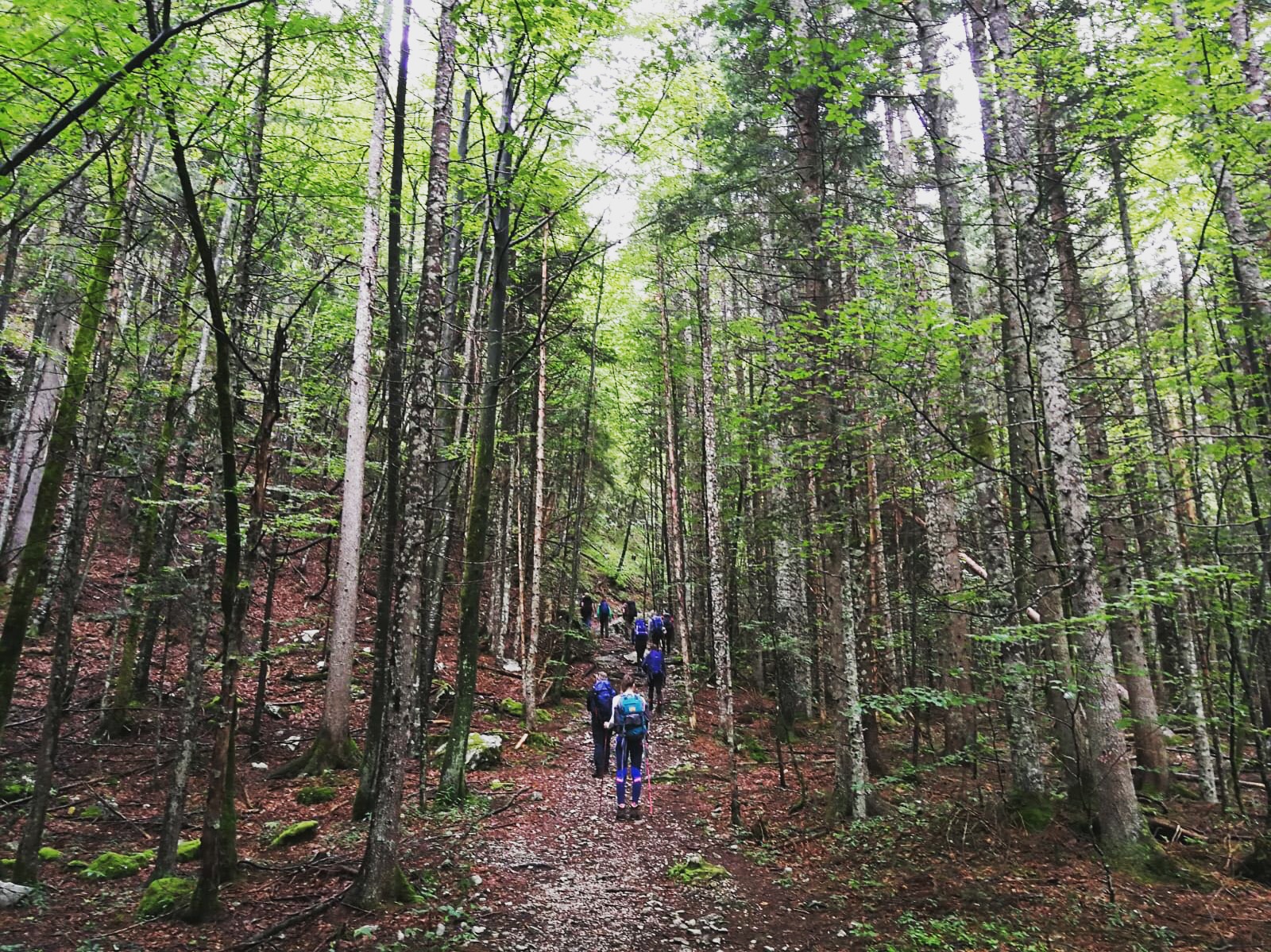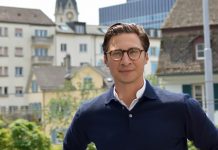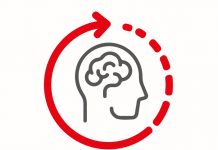“Brisk exercise imparts elasticity to the muscles, fresh and healthy blood circulates through the brain, the mind works well, the eye is clear, the step is firm, and a day’s exertion always makes the evening’s repose thoroughly enjoyable.”
David Livingstone
I’ve often reflected on this quote from the 19th century Scottish missionary and explorer. I’m no stranger to brisk exercise but my normal environment of modern-day Barcelona couldn’t be more different to the African plains of 200 years ago. I certainly do feel the greater benefit of running in the natural park of Collserola which overlooks the city rather than in the city itself, and research shows that walking in nature has positive benefits for mental health, reducing blood flow to the subgenual prefrontal cortex that is responsible for rumination.
If not quite following in the footsteps of Livinsgtone I recently had the chance to more closely replicate his daily experience on a wilderness trail by Aberkyn, the leadership development firm of McKinsey. For three days in the middle of July, I, along with seven senior business leaders, re-connected to nature in the Slovenian Alps. Led by Aberkyn co-founder Peter van der Vlis, this re-connection was facilitated greatly by handing in all technology, including our mobile devices and watches.
There was of course a physical challenge, yet it was not extreme, and certainly possible for any reasonably fit adult. We hiked up the lower slopes of one of the mighty Alps on the morning of day one, and continued up the higher part above the tree line after lunch at our mid-mountain hut that served as base camp for the trail. Day two included walking off-track in the forest followed by a group navigation exercise back to base camp.
Yet it was more than just the brisk exercise so valued by Livingstone. Our re-connecting to nature was primed by re-connecting to our physical selves, and served as the basis for a deeper exploration of our lives. Peter, together with wilderness expert guide Gerard van den Berg, would frequently bring us together as a group to raise key practical and emotional concepts, including navigation, shelter, making fire, purpose, intention and presence.
The situation of these group conversations took place at breathtaking scenic points on our physical journey, and the experience journey was marked by several ‘wow’ moments. The beginning and end of the experience were simply unforgettable. A 7am group meditation around a log fire in front of rolling meadows and the imposing snow-capped Alps in the near distance to start, and a solo overnight sleep (I’m guessing 10-12 hours alone, no watch remember) in a hammock tied between two trees in the forest to end.
Deep solo reflection, atop a mountain, in the clearing around our base camp, laying softly in that comfortable hammock in that forest overnight, was a critical component that allowed us to quiet the mental chatter. Simply being allowed us to gain deep insight to complex issues that have long proved problematic. Peter van der Vlis explains, “One reason we discover clarity is because we literally slow down our brain waves to Alpha/Theta, which is were our brain function is primed to be both focused and creative.” This slowdown was facilitated by the absence of devices, our natural environment, and specific exercises including Dynamic Mind Practice.
Being alone in the forest as the light faded, hearing night creatures come alive before settling into our sleeping bags in the pitch darkness may sound terrifying to some, and some of the group were certainly uneasy at the prospect of doing this, yet we all found it to be one of the most natural, peaceful things we’ve ever done. We were alone, but not isolated.
These were two and a half days in the Slovenian Alps that I’ll never forget. While never losing the grasp of them being two and a half days – the wax and wane of the sun on the mountain was clear and unambiguous – they were some of the longest and fullest days I can remember. Hiking, laughing, sharing stories around a fire at night, eating together in the sun, resting in the shade, meditating, crying, learning, listening and teaching, all made us fully present and aware of the great abundance of life that surrounds us in nature.
How may we re-produce such a sense of calm, peace and insight when heading back to our daily distractions and demands? Peter and Gerard both talked of the difficult transition and ‘landing’ back in our normal lives. While such a retreat shouldn’t be a one-off experience (Bill Gates for example spends two weeks every year alone in the forest) neither should it be necessary every time when life is difficult and stressful. Stoic philosophy may offer a path. Marcus Aurelius, the Roman emperor, said: “People look for retreats for themselves, in the country, by the coast, or in the hills. There is nowhere that a person can find a more peaceful and trouble-free retreat than in his own mind. So constantly give yourself this retreat, and renew yourself.”
We come from nature and nature allows us this renewal. Florence Williams, author of The Nature Fix created the nature pyramid as a recipe for how we may reconnect in our day-to-day lives. From adding plants to our offices, or simply getting outside, to expeditions in the wilderness, we each have a variety of options to support our physical and mental health in a demanding professional business career.
Being reunited with our mobile devices and watches prior to departure was a delicate moment. Here were the physical artifacts of our modern, civilised world, yet it occurred to me that maybe we were really leaving our true home, and heading back into the wild.
For more information on Aberkyn wilderness trails visit: www.aberkyn.com/trails
About the Author
 Dr. Steven MacGregor is the CEO of The Leadership Academy of Barcelona [LAB] an executive education provider and management consultancy with clients including McKinsey, Telefónica and Uber. A Visiting Fellow at the Glasgow School of Art he teaches on open and custom programs at IMD, IE, IESE and CEIBS. Formerly a visiting researcher at Stanford and Carnegie-Mellon he is the author of Chief Wellbeing Officer (LID 2018) and Sustaining Executive Performance (Pearson 2015). His twitter handle is @spmacg.
Dr. Steven MacGregor is the CEO of The Leadership Academy of Barcelona [LAB] an executive education provider and management consultancy with clients including McKinsey, Telefónica and Uber. A Visiting Fellow at the Glasgow School of Art he teaches on open and custom programs at IMD, IE, IESE and CEIBS. Formerly a visiting researcher at Stanford and Carnegie-Mellon he is the author of Chief Wellbeing Officer (LID 2018) and Sustaining Executive Performance (Pearson 2015). His twitter handle is @spmacg.



































